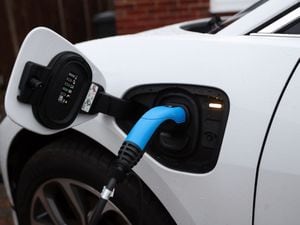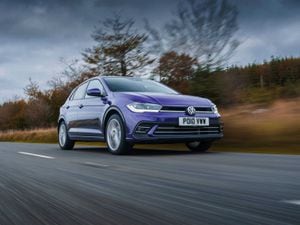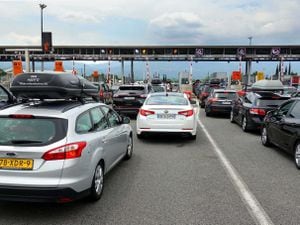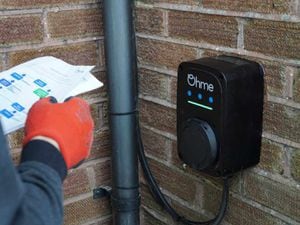£9.7 million funding for electric vehicle battery project
A Birmingham project has been awarded £9.7 million of Government and industry funding to develop an ultra-fast charging electric vehicle battery.

The project to deliver batteries capable of charging in 12 minutes could save more than 12 million tonnes of carbon emissions and create 423 jobs.
Project CELERITAS, led by Sprint Power in Parkside, will develop the ultra-fast charging battery for electric and fuel cell hybrid vehicles, accelerating the adoption of electric vehicles by addressing concerns of motorists over battery range and charge time.
It will also work to reduce development costs and weight for electric vehicles, making them more efficient and affordable.
The Government has announced the end of the sale of new petrol and diesel cars in the UK by 2030, putting the UK on course to be the fastest major economy to decarbonise cars and vans. Projects like Sprint Power’s will help make the technological developments needed a reality.
Minister for Investment Lord Grimstone said: “As a historic centre of industry, it makes sense that the West Midlands is also spearheading the Green Industrial Revolution by drastically cutting the time taken to charge an electric vehicle.
“By backing projects likes this, we are positioning the UK at the forefront of green automotive innovation, helping to secure a strong, sustainable future for the sector and creating high-quality jobs across the UK.”
CELERITAS is one of four projects that have been awarded funding through the Advanced Propulsion Centre’s collaborative research and development competition, which provides grants for research and development that helps the automotive sector make its low carbon transition.
These projects, collectively backed by £91.7m of combined Government and industry funding, could save almost 32 million tonnes of carbon emissions and secure over 2,700 jobs across the country.
Advanced Propulsion Centre chief executive Ian Constance said: “These projects tackle some really important challenges in the journey to net-zero road transport. They address range anxiety and cost which can be barriers to people making the switch to electric vehicles and they also provide potential solutions to the challenge of how we decarbonise public transport and the movement of goods.
“By investing in this innovation, we’re taking these technologies closer to the point where they are commercially viable, which will strengthen the UK’s automotive supply chain, safeguard or create jobs and reduce harmful greenhouse emissions.”
Richie Frost, founder and chief executive of Sprint Power, said: “As we move steadily towards the UK’s ban on new petrol and diesel combustion engine vehicles in 2030, tackling consumers’ concerns on EVs head on is critical. We are delighted to be leading this pioneering project that will create a step change in battery charge times, helping to create highly efficient fuel cell vehicles for the future and accelerating the charging time on battery electric vehicles significantly closer to refuelling times on today’s internal combustion engine cars.”
As well as funding the development of new technology, the Government has also announced £1.3 billion to accelerate the rollout of charging infrastructure, targeting support on rapid charge-points on motorways and major A roads to reduce any consumer anxiety around long journeys.





